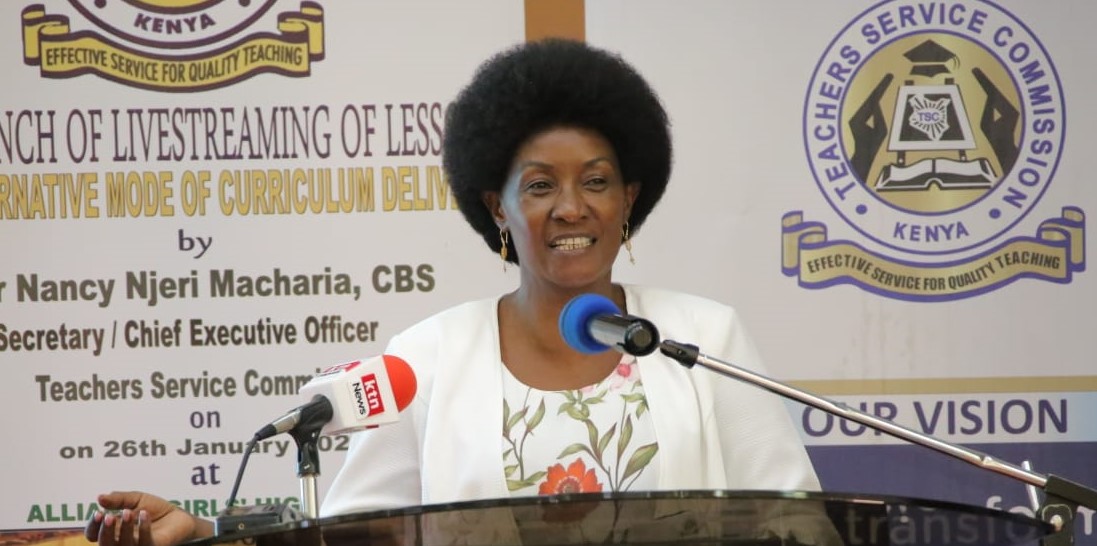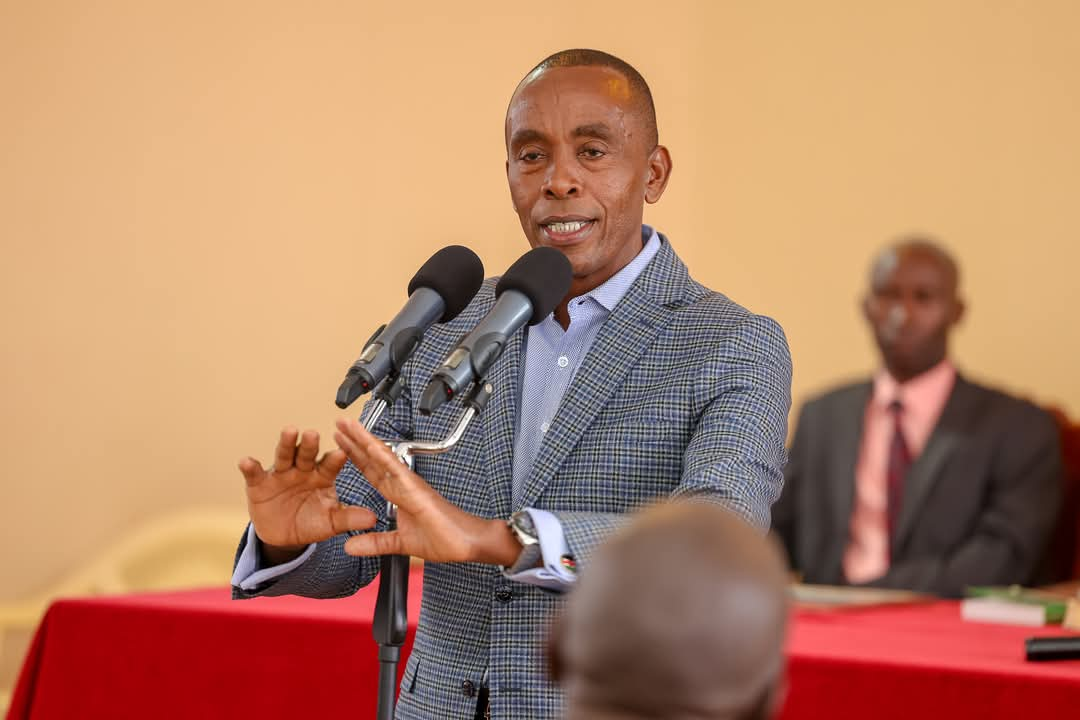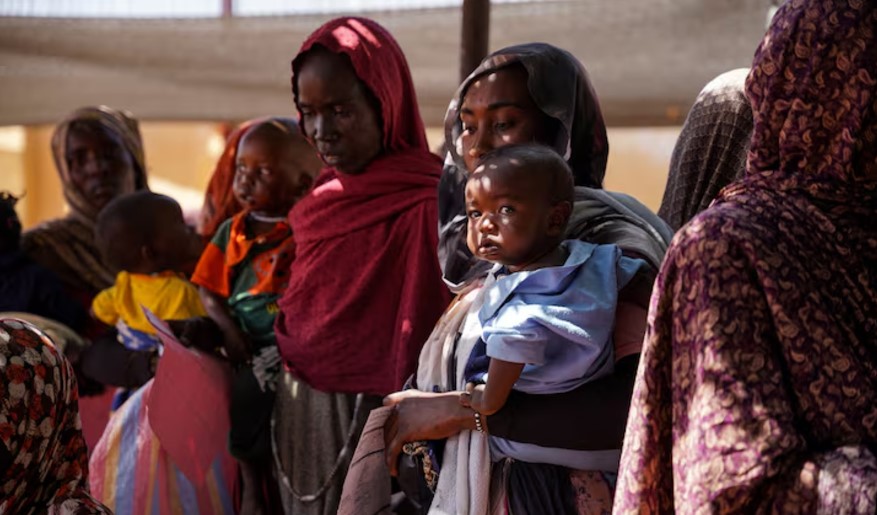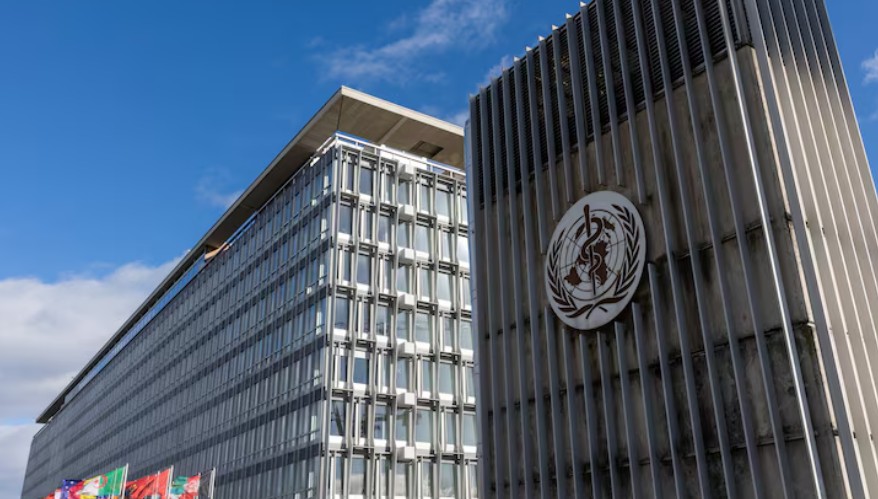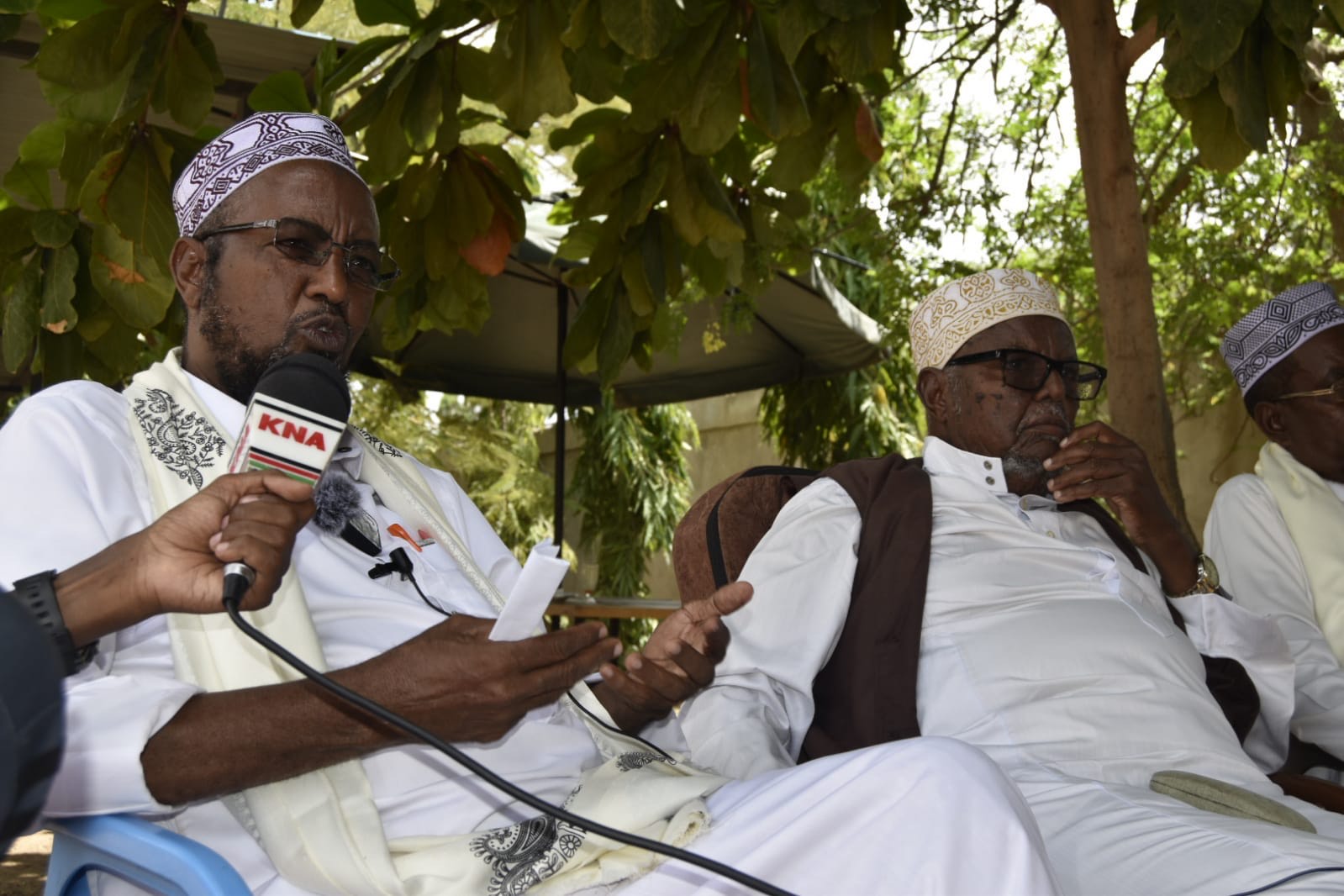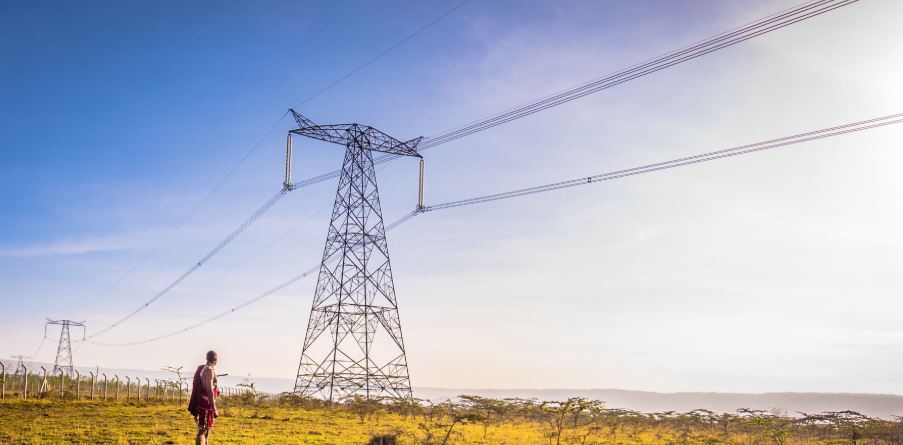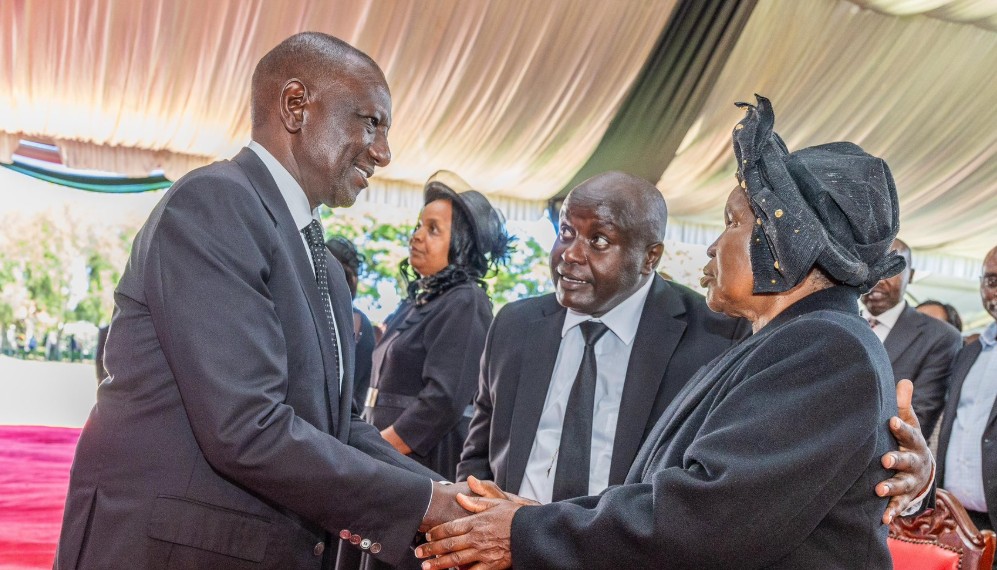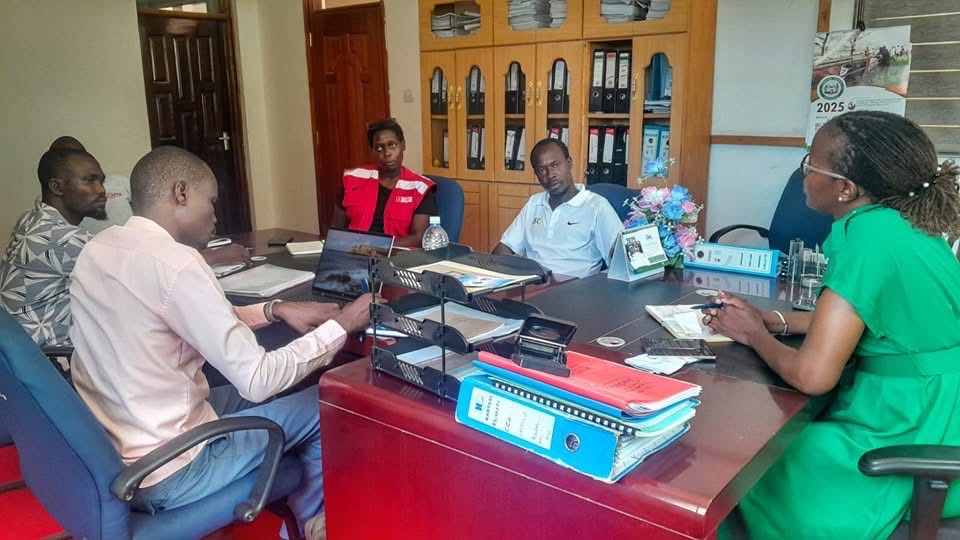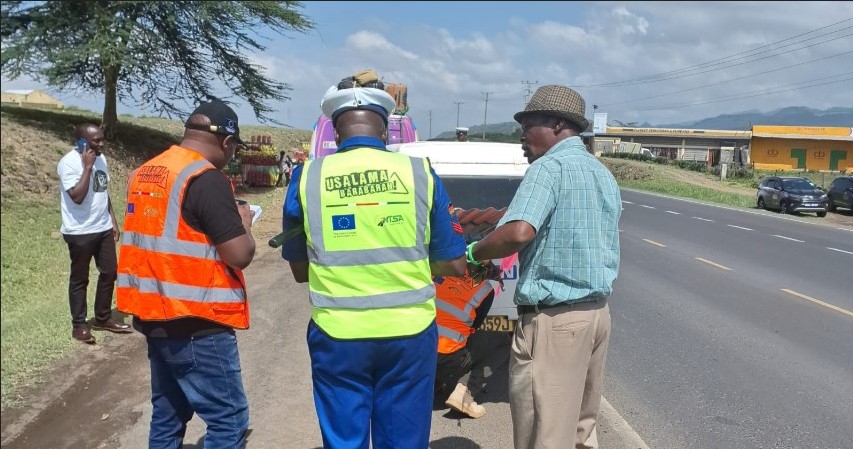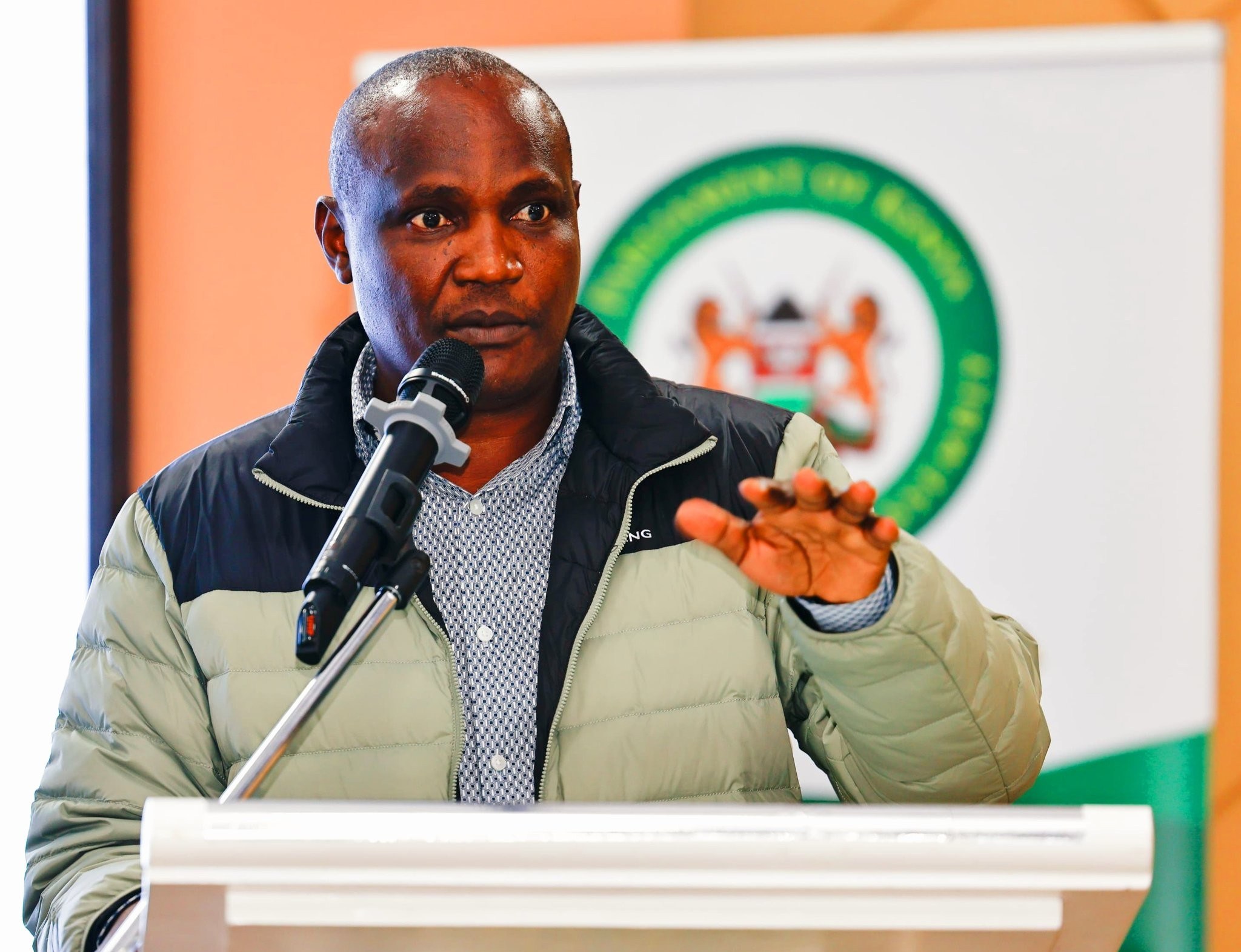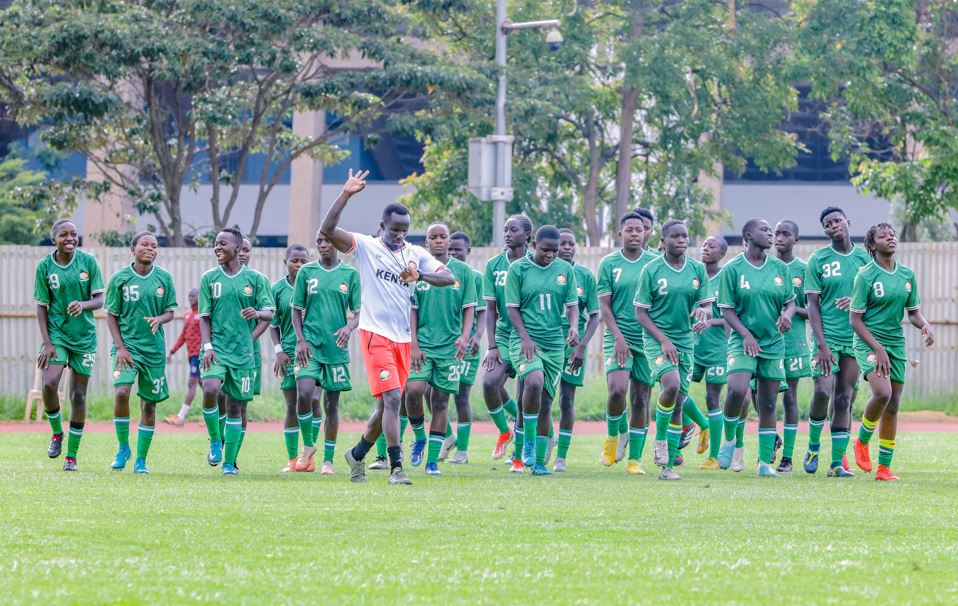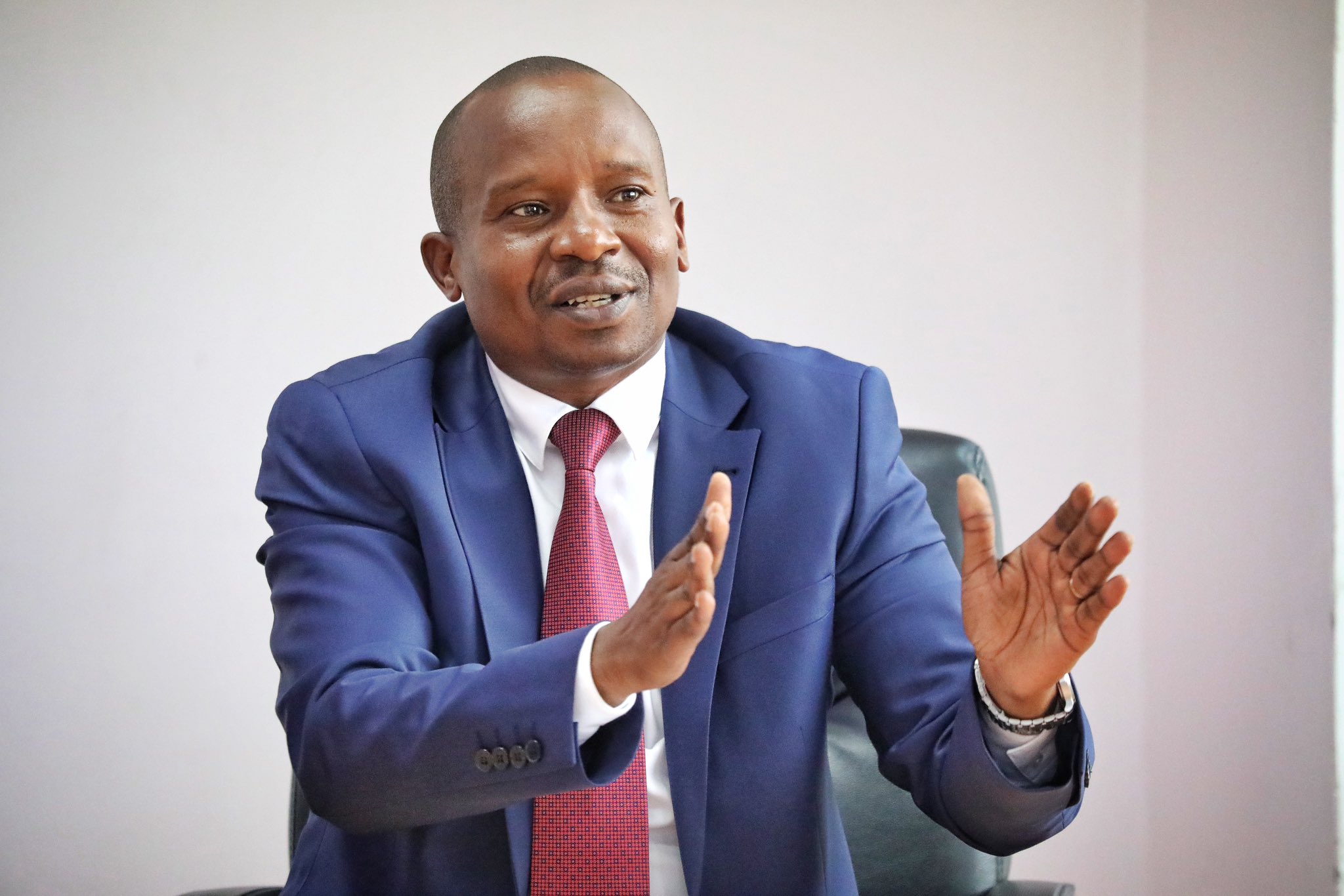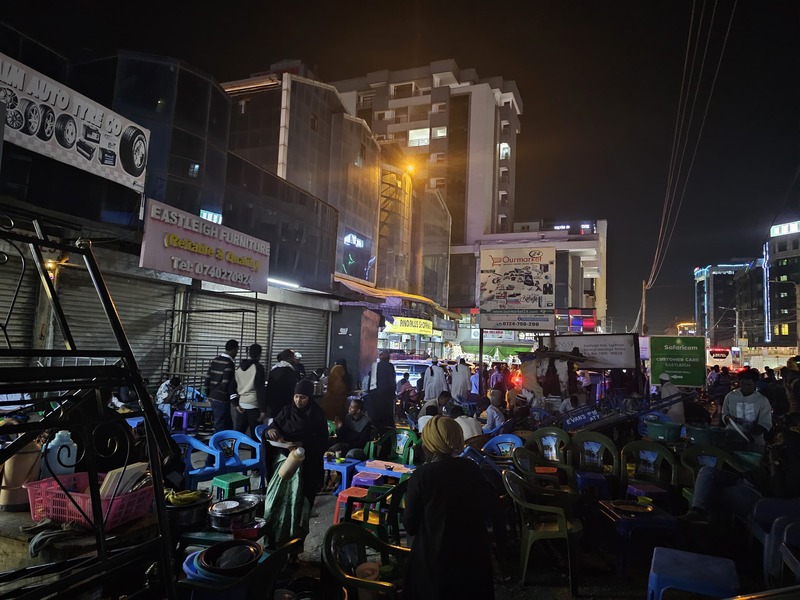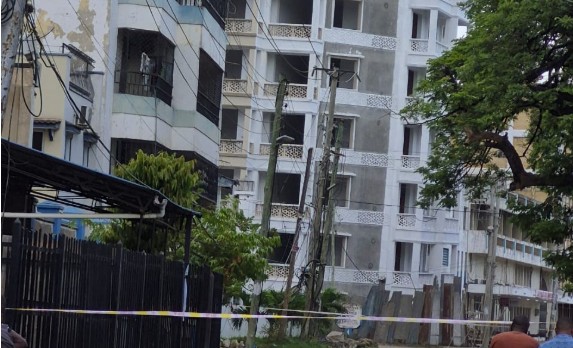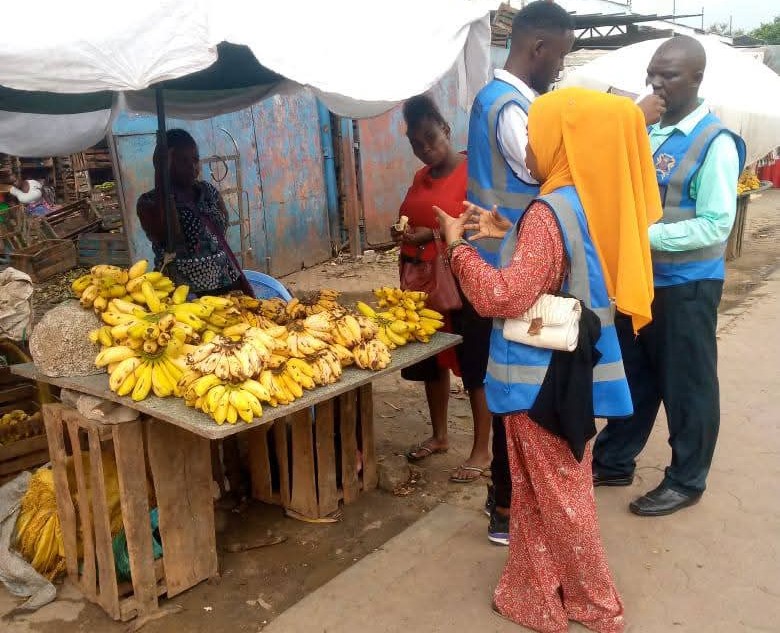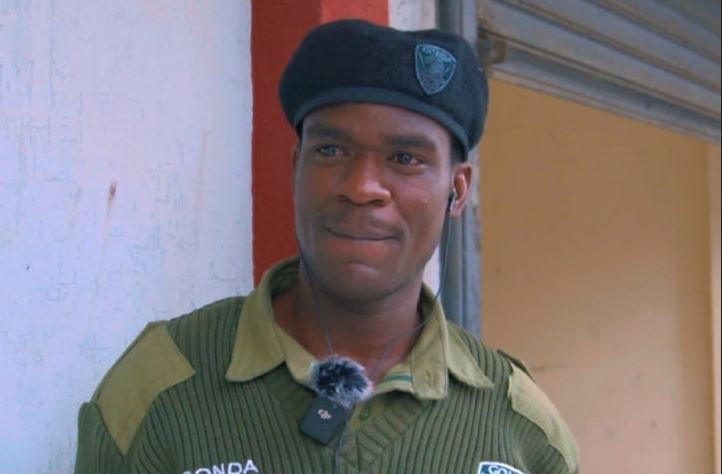Human rights experts slam Kenya's silence on femicide, term it state betrayal
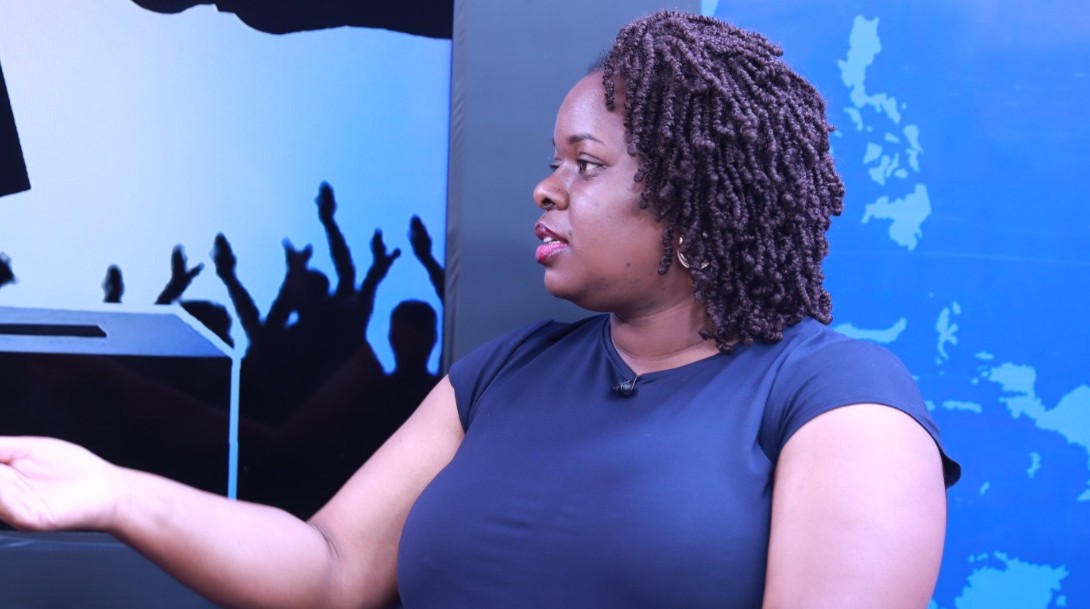
High-profile tragedies such as the brutal murder of Olympic runner Agnes Tirop and the targeted killing of non-binary activist Sheila Lumumba are emblematic of a broader, systemic crisis.
Human rights experts have described the silence surrounding gender-based violence and femicide in Kenya as an act of state betrayal and calculated neglect that allows these atrocities to persist.
Defenders Coalition's Head of Programmes, Gloria Madegwa, notes that this is why deeply entrenched patriarchal norms and cultural practices continue to condone violence against women, rendering existing laws completely toothless and institutions grossly ineffectual.
More To Read
- Renowned human rights lawyer Pheroze Nowrojee dies
- Attacks on people with albinism in Tanzania: African court holds government responsible – Why it matters
- KNCHR decries escalating human rights violations, urges IPOA to address brutality, abductions
- Fresh protests put Kenyan police on focus over brutal handling of public dissent
Failings by the state have, for example, rendered women and gender-diverse individuals alarmingly vulnerable with a majority of related cases still lingering in court, as key suspects in other cases go scots free as was the case with the murders of, amongst others, Mercy Keino on the night of June 17, 2011 and the alleged brutal murder of 42 women by alleged serial killer Collins Jumaisi Khalusha who has since vanished from custody.
High-profile tragedies such as the brutal murder of Olympic runner Agnes Tirop and the targeted killing of non-binary activist Sheila Lumumba are emblematic of a broader, systemic crisis.
Equally harrowing are the cases of Pauline Wangare and Sharon Atieno, which, among others, are not isolated incidents but reflect deeply entrenched patriarchal norms and institutional failures, leaving survivors and communities exposed to escalating violence.
Rise in GBV cases
Madegwa noted that during the Covid-19 pandemic, the country recorded a 36 per cent rise in GBV cases over the lockdown period, a trend that continues to rise even with the end of the pandemic, with statistics showing that over 500 women were murdered between 2020 and 2024, often by family members or intimate partners.
"The state's persistent inaction perpetuates a cycle of impunity but also manifests as an assault on human dignity, leaving marginalised communities, particularly young and marginalised women, to bear the brunt of systemic abuse," she says.
The Kenya Police Annual Crime Report of 2024 showed a 35 per cent increase in reported femicide cases compared to 2023, with the majority of victims being intimate partner violence survivors.
Madegwa notes that despite this alarming rate, conviction rates remain below 10 per cent, indicating systemic failures in law enforcement and the judiciary.
Despite the existence of legal instruments like the Sexual Offences Act and the Protection Against Domestic Violence Act, a high number of cases still routinely go unreported due to deep-seated fear, stigma, and a pervasive distrust in law enforcement.
Secondary victimisation
Survivors are met with secondary victimisation from institutions meant to protect them, while the absence of a centralised data system ensures that the true scale of femicide remains obscure, undermining any meaningful policy reform.
"This failure by the state to act is not merely a legal failing, but also a moral outrage as grave as crimes against humanity, exposing a blatant neglect of the state's duty to protect its citizens. This radical failure demands immediate, transformative action that redefines our legal landscape, ensures robust community consultation in policy development, and holds our institutions accountable for protecting the lives and rights of Kenya's most vulnerable," Madegwa said.
Her coalition is amongst the stakeholders that made submissions to the presidential working group tasked to develop a comprehensive approach to addressing rising femicide cases in the country.
"Despite existing legal frameworks, implementation gaps, cultural barriers, and institutional weaknesses continue to hamper effective prevention and response efforts," the document states, adding that the rise in incidences of femicide in Kenya is not just random violence but a dangerous pushback against progress, that must be stopped to create a safer, and a more just society for everyone.
Key findings by the coalition are that as more women stand up against unfair gender roles and demand equality, the backlash manifests in aggravated forms of violence designed to silence, punish, and reassert control over them.
Legal gaps and systemic failures
At the same time, critical legal gaps and systemic failures, including inadequate definitions of GBV offenses, inconsistent implementation of protection orders, and limited provisions for victim support, have a disproportionate impact on marginalised communities.
Some of the Key findings by the Defenders Coalition reveal substantial deficiencies in the current legal framework. According to them, law enforcement and judicial processes demonstrate concerning shortfalls in evidence collection, case management, and gender-sensitive approaches to justice.
These systemic failures particularly affect women from marginalized backgrounds, who face compounded discrimination and barriers to accessing justice.
"Our submissions reveal the serious gaps in our laws and systems that have allowed this violence to persist, making it especially dangerous for marginalised groups, including young women, gender diverse women and female sex workers. The inaction of our state in protecting its most vulnerable is tantamount to a crime against humanity," she added.
The organisation has since presented its findings on the topic in the country before the presidential working group tasked to develop a comprehensive approach to addressing rising femicide cases in the country where they categorically called for radical, transformative reforms amongst them an immediate recognition of femicide as an independent and heinous offense, an amendment of archaic laws and the establishment of a survivor-centred justice system.
Moreover, the document urges that the development and implementation of any policy or legal reform must be rooted in robust and continuous community consultation to ensure that the voices of those who have suffered the worst of these crimes are not only heard but are the guiding force behind every decision.
"Our proposals demand political courage, substantial resource allocation, and a commitment to accountability at every level," Madegwa said.
Top Stories Today

